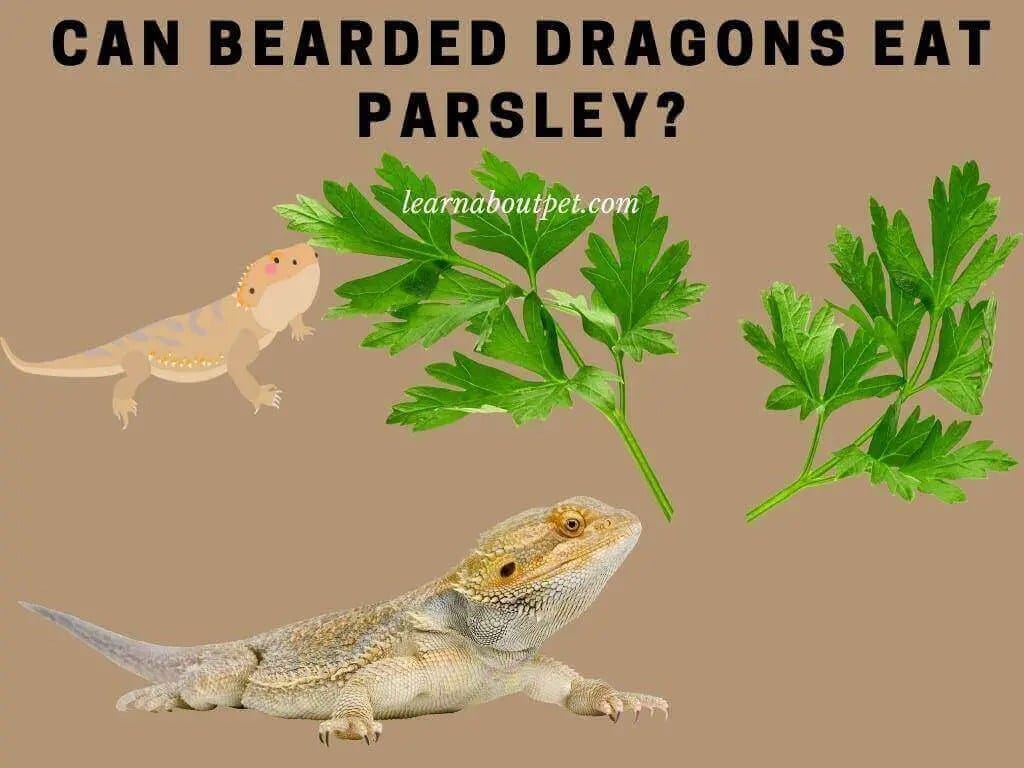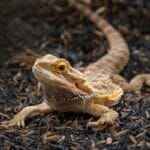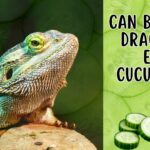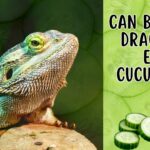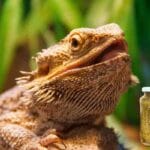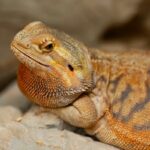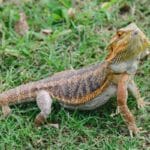So, you’re wondering if your bearded dragon can enjoy a bit of parsley? It’s a common question among beardie owners. While parsley isn’t toxic, it’s not the best choice for their regular diet. This guide breaks down the facts about parsley for bearded dragons, outlining the benefits, risks, and safer alternatives to keep your scaly friend thriving.
Understanding the Oxalate Issue
Parsley contains oxalates, naturally occurring compounds that bind to calcium in the digestive system. This makes it harder for your bearded dragon to absorb this essential mineral. Why is calcium so vital? It’s the cornerstone of strong bones and overall health. Without sufficient calcium, bearded dragons can develop Metabolic Bone Disease (MBD), a severe condition that can lead to weakened bones, deformities, and other health complications.
Safe Parsley Practices (and Better Alternatives)
While parsley offers some nutritional value, such as vitamins A and C, the risks associated with its high oxalate content generally outweigh the benefits. Occasional, small amounts of parsley can be offered as a treat, but it shouldn’t be a staple.
Here’s how to offer parsley safely, if you choose to do so:
- Sparingly: A very small sprig once a month is likely the maximum.
- Washed: Thoroughly rinse the parsley to remove any pesticide residue.
- Fresh: Opt for fresh parsley over dried, which may contain additives.
But why take the risk when there are so many delicious and nutritious alternatives? Consider these excellent options:
- Collard Greens: Packed with vitamins and minerals, including calcium.
- Dandelion Greens (Pesticide-Free): Another nutritional powerhouse.
- Butternut Squash: A great source of vitamins and fiber.
- Bell Peppers: Offer a satisfying crunch and valuable nutrients.
Curious about incorporating romaine lettuce into your bearded dragon’s diet? Delve into the nutritional implications and discover whether can bearded dragons eat romaine lettuce is a safe and healthy choice for your scaly companion.
Comparing Parsley to Safer Greens
| Green | Oxalates | Calcium | Vitamin A |
|---|---|---|---|
| Parsley | High | Medium | High |
| Collard Greens | Low | High | High |
| Dandelion | Low | High | High |
| Bell Pepper | Low | Low | Medium |
This table demonstrates that while parsley offers some vitamin A, the high oxalate content poses a significant risk. The alternatives provide comparable or superior nutritional value without the same concerns.
Herbs for Bearded Dragons: A Deeper Dive
Want to expand your dragon’s culinary horizons? Numerous herbs can be safely incorporated into their diet:
- Safe Herbs (Moderation): Cilantro, basil, mint (sparingly), oregano, rosemary, thyme, dill, sage, marjoram.
- Caution: Parsley (occasional treat due to oxalates).
- Avoid: Bay leaves (toxic), spinach, rhubarb (high oxalate content).
Always wash herbs thoroughly to remove any pesticides. Variety is essential for a balanced diet and can keep mealtimes interesting for your bearded dragon.
Toxic Vegetables for Bearded Dragons: What to Avoid Entirely
Some vegetables are strictly off-limits for bearded dragons:
- Allium Family: Onions, garlic, chives, and leeks are toxic and can cause anemia.
- Others to Avoid: Rhubarb (high in oxalates), avocados (contain persin, a toxin), and mushrooms (can disrupt calcium metabolism).
- Limit: Spinach and beet greens also contain oxalates, so offer them very sparingly.
Tailoring the Diet: Age, Individual Needs, and Long-Term Health
Baby bearded dragons, with their rapid growth, are particularly vulnerable to calcium deficiency. Oxalates can significantly impact their development. Even adult dragons have varying needs. A healthy dragon might tolerate a small amount of parsley better than one with underlying health issues. Consulting a reptile veterinarian is crucial for personalized dietary advice based on your dragon’s specific age, health, and individual needs.
While a bearded dragon might not show immediate ill effects from eating parsley, long-term consumption, even in moderation, could contribute to issues like subtle changes in bone density or kidney problems. Current research suggests that the impact of oxalates can vary depending on species, age, and overall diet. Ongoing studies are essential to fully understand these effects.
Conclusion: Prioritizing a Balanced Diet
Providing a balanced, calcium-rich diet is fundamental to your bearded dragon’s long-term well-being. While parsley isn’t strictly forbidden, it’s certainly not the best choice. Prioritize safer greens and herbs to ensure your dragon receives all the essential nutrients without the risk. Explore the numerous delicious and safe options available, and always consult your veterinarian for personalized guidance. Your dragon’s health and happiness depend on it!
- Unlock Water’s Symbolism: A Cross-Cultural Exploration - April 20, 2025
- Identify Black and White Snakes: Venomous or Harmless? - April 20, 2025
- Unlocking Potential: Origins High School’s NYC Story - April 20, 2025
